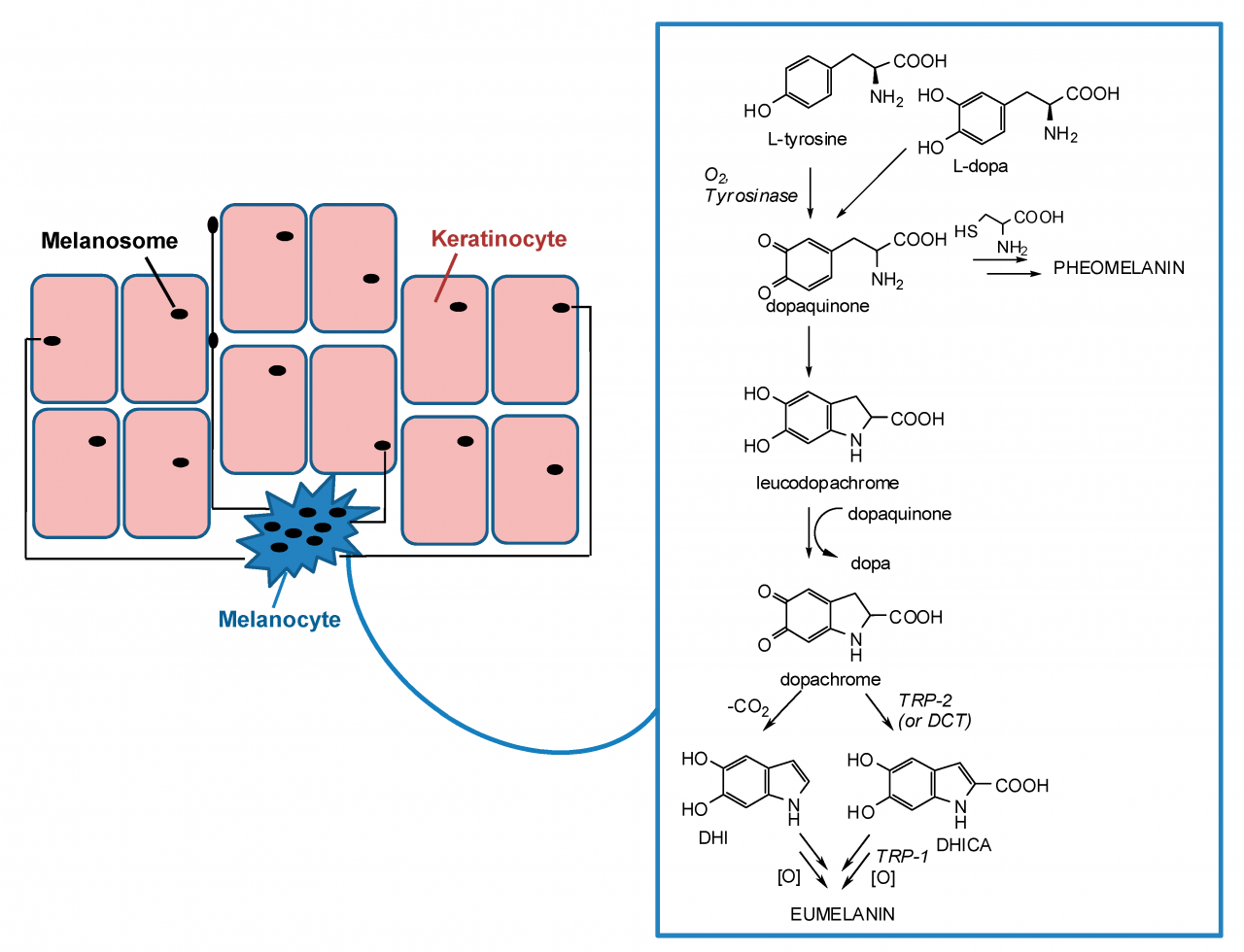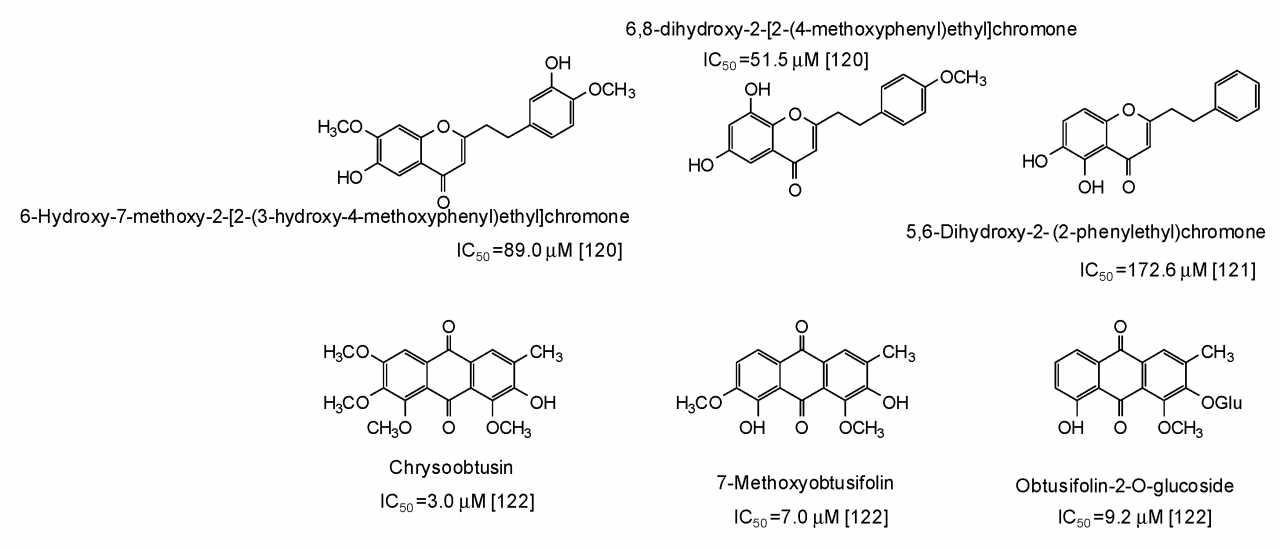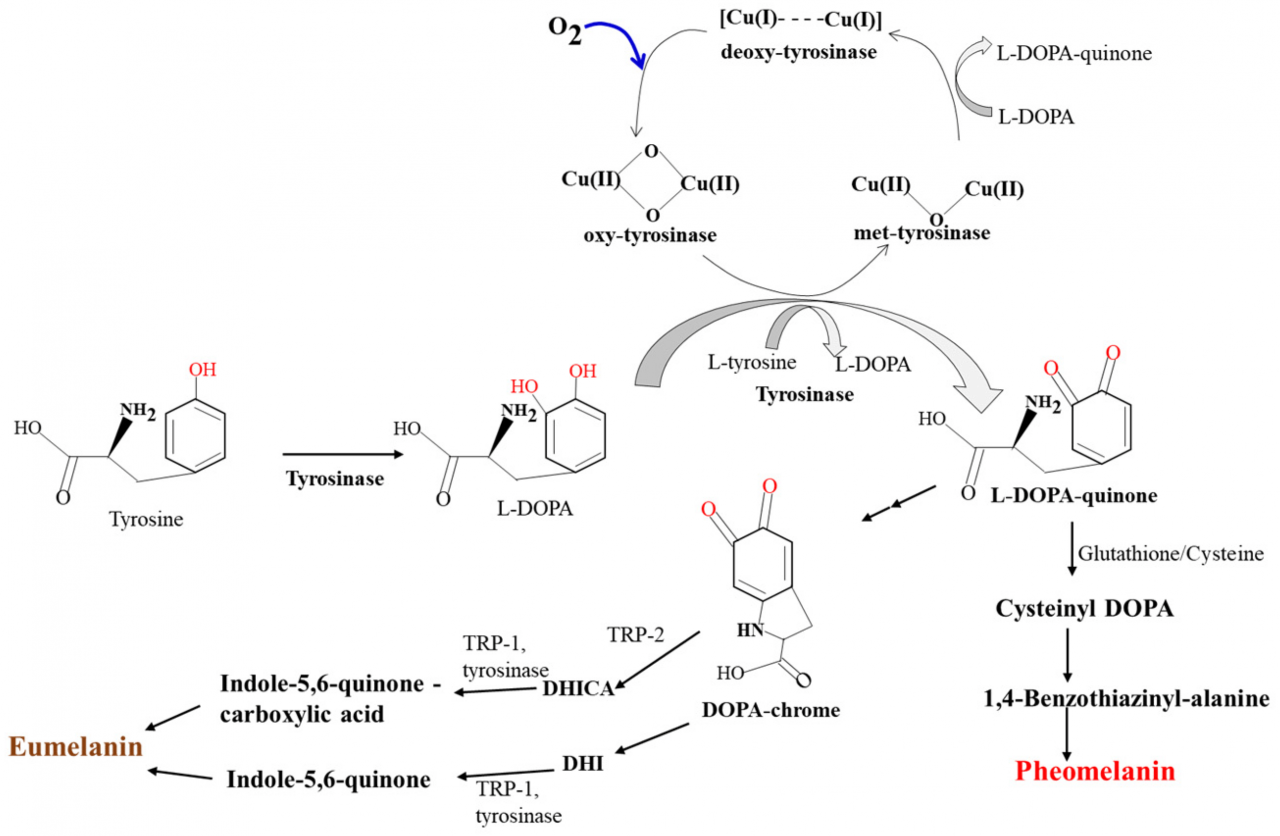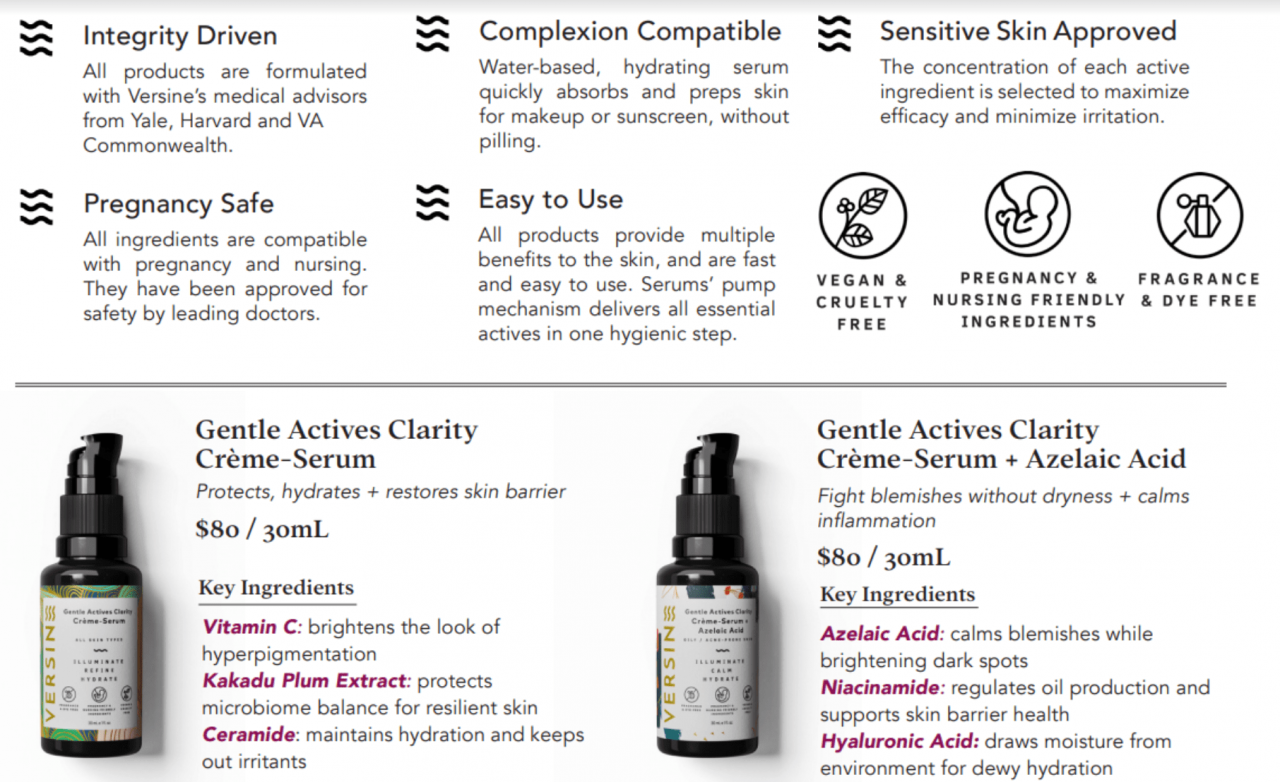Tyrosinase inhibitors skincare emerges as a transformative force in the beauty industry, offering a beacon of hope for those seeking to combat hyperpigmentation and achieve a radiant, even skin tone. By delving into the science behind these remarkable compounds, we unravel their remarkable ability to inhibit tyrosinase, an enzyme responsible for melanin production, paving the way for a brighter, more luminous complexion.
As we delve deeper into the realm of tyrosinase inhibitors skincare, we will explore the diverse array of ingredients that harness their power, unravel the factors to consider when selecting the ideal product for your unique skin concerns, and uncover the best practices for incorporating these skincare saviors into your daily routine.
Tyrosinase Inhibitors in Skincare: An Overview

Tyrosinase inhibitors are a class of skincare ingredients that are used to reduce the production of melanin, the pigment that gives skin its color. By inhibiting the activity of the enzyme tyrosinase, these ingredients can help to lighten dark spots, even out skin tone, and improve the overall appearance of the skin.
paragraphTyrosinase is an enzyme that is responsible for the production of melanin. Melanin is a pigment that gives skin its color. When tyrosinase is inhibited, less melanin is produced, which can result in a lighter skin tone. Tyrosinase inhibitors can be used to treat a variety of skin conditions, including hyperpigmentation, melasma, and age spots.
Types of Tyrosinase Inhibitors
There are a variety of different tyrosinase inhibitors that are used in skincare products. Some of the most common include:
- Hydroquinone: Hydroquinone is a powerful tyrosinase inhibitor that is used to treat a variety of skin conditions, including hyperpigmentation, melasma, and age spots.
- Kojic acid: Kojic acid is a natural tyrosinase inhibitor that is derived from mushrooms. It is used to treat a variety of skin conditions, including hyperpigmentation and age spots.
- Arbutin: Arbutin is a natural tyrosinase inhibitor that is derived from the leaves of the bearberry plant. It is used to treat a variety of skin conditions, including hyperpigmentation and age spots.
- Vitamin C: Vitamin C is a powerful antioxidant that can also inhibit the activity of tyrosinase. It is used to treat a variety of skin conditions, including hyperpigmentation and age spots.
Benefits of Tyrosinase Inhibitors in Skincare
Tyrosinase inhibitors offer a range of benefits for skincare, primarily by targeting and reducing hyperpigmentation, resulting in a more even skin tone.
Reducing Hyperpigmentation, Tyrosinase inhibitors skincare
Tyrosinase is an enzyme responsible for melanin production in the skin. Hyperpigmentation occurs when excess melanin is produced, leading to dark spots, age spots, and uneven skin tone. Tyrosinase inhibitors work by blocking the activity of tyrosinase, thereby reducing melanin production and lightening the appearance of hyperpigmentation.
Evening Skin Tone
By reducing hyperpigmentation, tyrosinase inhibitors help even out skin tone. They can improve the appearance of dark spots, age spots, and other forms of discoloration, resulting in a more uniform and radiant complexion.
Immerse yourself in the world of skincare with our exclusive collection of sonäge skincare high impact vitamin c serum . Experience the transformative power of pevonia skincare , renowned for its botanical extracts and innovative formulas. Discover the playful and educational side of skincare with our captivating skincare coloring pages . And for a touch of whimsical charm, indulge in the irresistible cuteness of kuromi skincare , featuring the beloved Sanrio character.
Common Ingredients Containing Tyrosinase Inhibitors
Tyrosinase inhibitors are natural or synthetic compounds that can reduce the activity of tyrosinase, an enzyme involved in melanin production. Melanin is a pigment that gives skin its color. By inhibiting tyrosinase, these compounds can help lighten the skin and reduce the appearance of hyperpigmentation, such as age spots, sunspots, and melasma.
Many skincare ingredients contain tyrosinase inhibitors. Here is a table listing some common ones, along with their sources and specific benefits for the skin:
| Ingredient | Source | Benefits |
|---|---|---|
| Kojic acid | Fermented rice | Lightens the skin, reduces hyperpigmentation, and has antibacterial properties |
| Arbutin | Bearberry plant | Lightens the skin, reduces hyperpigmentation, and is less irritating than kojic acid |
| Niacinamide | Vitamin B3 | Lightens the skin, reduces hyperpigmentation, and improves skin texture |
| Azelaic acid | Grains and yeast | Lightens the skin, reduces hyperpigmentation, and has antibacterial and anti-inflammatory properties |
| Hydroquinone | Synthetic | Lightens the skin, reduces hyperpigmentation, but can be irritating and is not recommended for long-term use |
How to Choose the Right Tyrosinase Inhibitor for Your Skin
When selecting a tyrosinase inhibitor for your skincare routine, several factors need to be considered to ensure optimal results.
Skin Type
The first step is to determine your skin type. Tyrosinase inhibitors can be suitable for all skin types, but some formulations may be more effective for certain types. For example, individuals with sensitive skin may benefit from gentler options, while those with oily or acne-prone skin may prefer stronger inhibitors.
Skin Concerns
Consider your specific skin concerns when choosing a tyrosinase inhibitor. If you’re primarily concerned with hyperpigmentation, such as dark spots or age spots, look for products containing ingredients like hydroquinone or kojic acid. For uneven skin tone, arbutin or niacinamide may be more effective.
Desired Results
Finally, think about the desired results you want to achieve. If you’re looking for a quick fix, products with higher concentrations of tyrosinase inhibitors may provide faster results. However, if you prefer a more gradual approach, lower concentrations may be more suitable.
Best Practices for Using Tyrosinase Inhibitors in Skincare: Tyrosinase Inhibitors Skincare

Tyrosinase inhibitors are effective in reducing hyperpigmentation, but their use requires careful consideration. Here are some best practices to follow:
Incorporation into Skincare Routine
Incorporate tyrosinase inhibitors gradually into your skincare routine, starting with a low concentration and frequency. Monitor your skin’s response and adjust accordingly.
Patch Testing
Always perform a patch test on a small area of skin before using a new tyrosinase inhibitor product. This helps identify any potential allergic reactions or irritations.
Frequency of Use
The frequency of use depends on the product’s concentration and your skin’s sensitivity. Start with a few times per week and gradually increase as tolerated.
Indulge in the radiance-boosting power of sonäge skincare high impact vitamin c serum , leaving your skin glowing and revitalized. For a touch of luxury, pamper yourself with the exquisite formulations of pevonia skincare . Enhance your skincare routine with the playful charm of skincare coloring pages , adding a dash of creativity to your self-care.
Embrace the adorable aesthetics of kuromi skincare , incorporating a touch of whimsy into your daily regimen.
Potential Side Effects
Tyrosinase inhibitors may cause mild side effects such as redness, irritation, or dryness. If you experience any discomfort, reduce the frequency of use or discontinue the product.
Closing Summary

In conclusion, tyrosinase inhibitors skincare unveils a new era of skincare innovation, empowering individuals to embrace their radiant glow. With a plethora of effective ingredients at our disposal, choosing the right product and adhering to best practices ensures optimal results, allowing us to bid farewell to hyperpigmentation and welcome a complexion that radiates with newfound luminosity.
FAQ Section
What are the potential side effects of using tyrosinase inhibitors in skincare?
While generally safe for topical use, some individuals may experience mild side effects such as skin irritation, redness, or dryness. Patch testing is recommended before incorporating any new skincare product into your routine.
Can tyrosinase inhibitors be used on all skin types?
Tyrosinase inhibitors are generally suitable for all skin types. However, individuals with sensitive skin should exercise caution and opt for products with lower concentrations of these ingredients.
How long does it take to see results from using tyrosinase inhibitors in skincare?
Results from using tyrosinase inhibitors skincare can vary depending on the individual and the severity of their hyperpigmentation. However, with consistent use, most people notice a gradual improvement in skin tone and luminosity within 4-8 weeks.





Leave a Reply